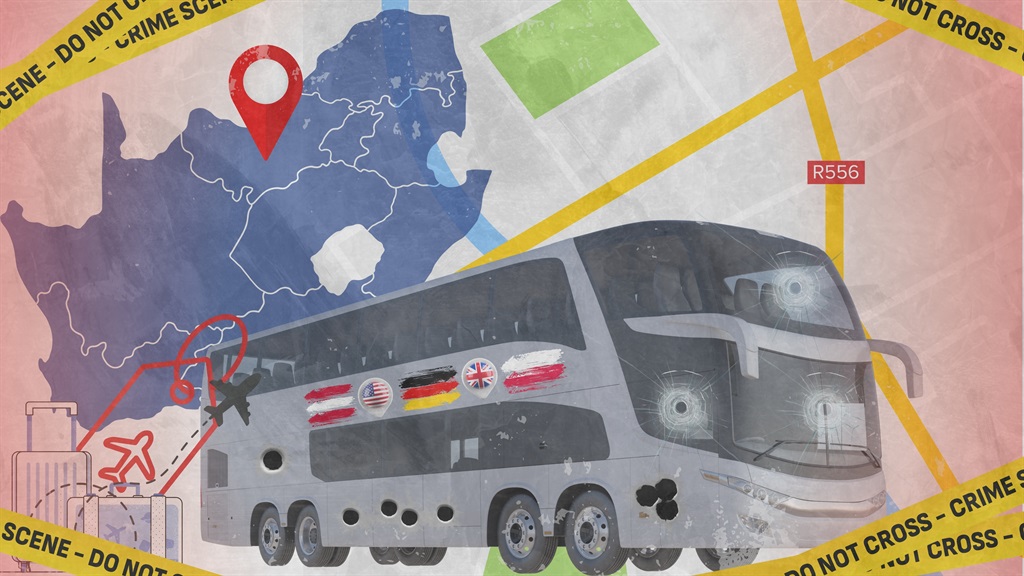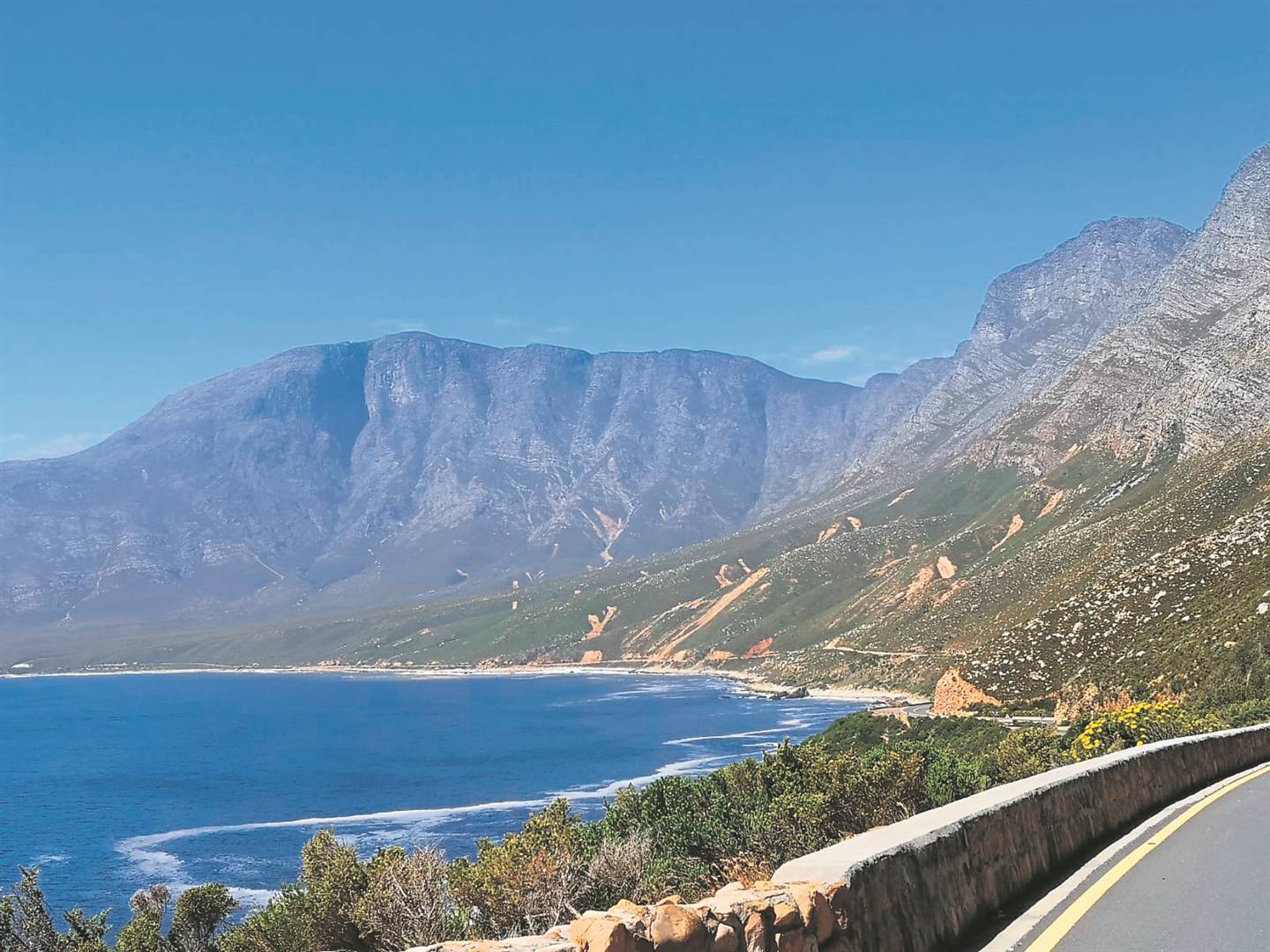
Foreign tourists travelling from Gauteng to Sun City and surrounding game parks have come under attack by a heavily armed gang of highwaymen.
- The North West government deployed 35 vehicles to escort tourists amid fears of crime.
- The N4 and the R556 were flagged as hotspots for criminal activities.
- A local businessman said that, without decisive action against crime, the province’s tourism sector would suffer irreparable loss.
The North West government deployed 35 vehicles to escort tourists travelling across the province during the festive season.
The move follows a recent spate of attacks in which visitors travelling to attraction destinations in the North West, including Sun City and Pilanesberg, were attacked and robbed on tour buses on the R556 earlier this month.
Speaking at a media briefing on Wednesday about temporary measures to prevent similar incidents in the province, Brett Hoppe, Sun City’s general manager, said the escorts would safeguard tourists travelling on the R556.
“A protocol has been created whereby all operators transporting international coaches entering the province by the N4 are predominantly requested to use the N4 as the main [route]. If they use the R556, the province has deployed 35 vehicles supplying escorts of various forms and sorts to the large-scale operator movements across the province,” he said.
READ | Tour bus terror: Sun City, Pilanesberg tourists ambushed, shot at for euros
Hoppe added that Sun City had employed four tourism and hospitality students to communicate the tourists’ movements in the province through a centralised data collecting system. They would share the tourists’ movements with the police, enabling them to operationalise intelligence in the areas that tourists were travelling in.
Hoppe added that these efforts were in collaboration with various interested stakeholders in the private and public sectors.
He would, however, not say who would be behind the wheel of the deployed vehicles, claiming the “details about these operations were confidential”.
Local tourism businessman Bernard Marobe proposed engagements with locals to raise awareness about the impact of crime on tourism, employment and the local economy.
Having worked in the sector for more than 20 years, he said these rampant incidents of criminality and attacks on tourists were new.
He cautioned that, without decisive action against crime, the province’s tourism sector would suffer irreparable loss.
“We know these people. We speak their language. Some of them even work for us. If we are not doing that [engaging communities], we are not killing the fire. Let’s go and speak to those people and let us hear what the problem is because [what could be lacking] is awareness,” he said.
Neighbouring provinces would then attract their target market, despite not having a thriving tourism sector, he said.
“Mpumalanga is watching. Limpopo is watching. If we don’t get those tourists, we will [be forced to] retrench. Unfortunately, that is how it works. Without an income, we retrench people,” he said.






Recent Comments